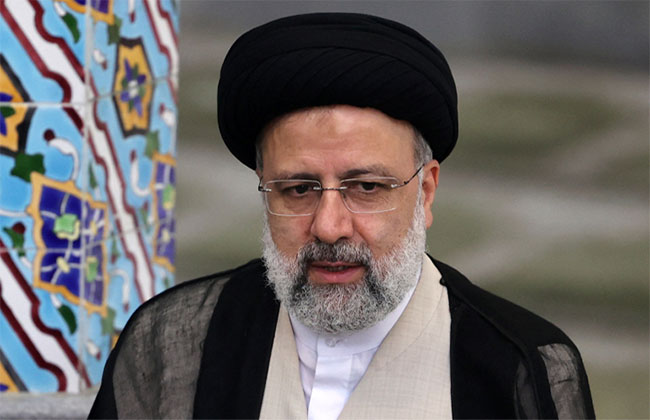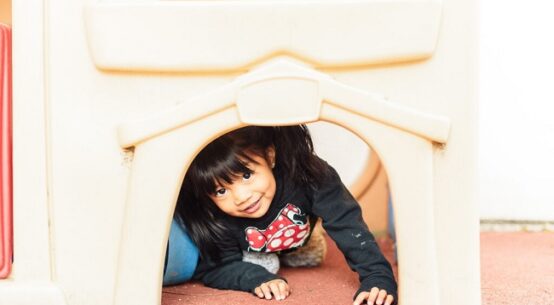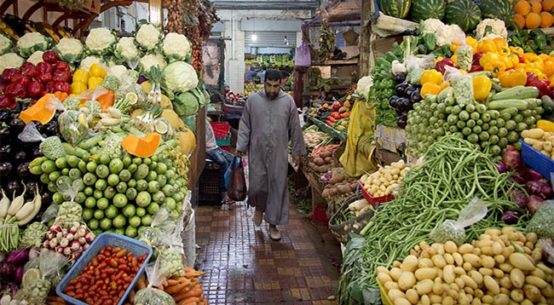
Seyyed Ebrahim Raisi is the new and 8th president of Iran. He is here as an heir to the Islamic Revolution in Iran under Ayatollah Khomeni in 1979 that overthrew the pro-Western and hugely unpopular monarchy of Iran led by Reza Shah Pahlevi. But the scenario between then and now has changed.
The Islamic Republic of Iran now enters a new era in more ways than one. Khamenei, the Supreme Islamic Leader of Iran now himself summed it this way: “trusting the West doesn’t work.” Iran is even more important now as the Afghanistan crisis is growing and China is exerting itself as the new super power. Many states are happy to see it as a balance to the monolithic Western power domination of the globe for long.
Professor Mohammad Marandi of the University of Tehran says, “Iran will be putting less emphasis on Western nations and more emphasis on the Global South, the East, neighboring countries including China and Russia. “So the focus on the anti-Western rhetoric will continue.
But nobody forgets that the sanctions are still biting hard, a reality all Iranians have to live with. Many are critical of the previous Rouhani regime as it didn’t yield any economic gains. Although Rouhani spent much time trying to negotiate for lifting the sanctions, things are economically worse than ever. So more attention will be paid to partnering with regimes which are not West friendly, looking for the old time tested, enemy’s enemy= friend equation.
Observers say, Iran under Riyasi may well look for new zones where people who see a historical link with Iran live. In the immediate neighborhood, there are many including in Iraq, Central Asia, Afghanistan, Pakistan and even further in Syria, Lebanon, Yemen and the Shia population wherever they are. But unless something is done about the sanctions, foreign policy won’t make Iran strong and the Islamic regime popular. Its economics that matters the most.
Political and economic reality
Israel meanwhile is still keen to take on Iran, the state it considers its principal enemy. The latest conflict is around a drone strike on an Israeli-managed tanker off the coast of Oman.
Israel, the United States and the United Kingdom have all blamed Iran and responses are being readied. Tehran has also promised to respond if any violence is unleashed against its interest.
Tensions with the US have soared since 2018, when then-President Donald Trump pulled out of a multilateral deal over Iran’s nuclear programme and restored sanctions.
Mr Raisi said after being sworn in that he would support “any diplomatic plans” to lift sanctions.
“The Iranian people expect the new government to improve their livelihoods… All illegal US sanctions against the Iranian nation must be lifted,” he said.
Thorny negotiations were taking place in Vienna between Iran and other countries which are still part of the agreement to try to revive the frayed deal and lift sanctions. However the talks have been put on hold.
The average Iranian has had enough of sanctions and unfurling the Islamic revolutionary and the new President will have to deal with that. People have much less interest in exporting Islamic revolution and other great dreams of fighting “international Jewry” and other slogans than a better economic life. Iran is also the worst-hit country in the region and cases are rising. Iran has also seen many street protests in the south-west, triggered in part by severe water shortages.
The challenges for Raisi
Even the elections had a record low turnout with people’s interest in politics waning. A former judiciary chief, Raisi has been accused of massive human rights violations and was responsible for the execution of many political prisoners in 1988. BBC says, “Mr Raisi was one of four judges who sat on secret tribunals that came to be known as the “Death Committee” which condemned the prisoners to death. He has said the sentences were justified because then-Supreme Leader Ayatollah Ruhollah Khomeini had issued a fatwa, or religious ruling.” The US imposed sanctions on Raisi in 2019 for alleged human rights abuses.
But as states move towards more economic than political objectives to follow, Raisi may not be the best person to lead as both China and Russia, the regional giants will frown on any Islamic or Pan-Aryan politics that might involve restive populations in China or central Asia. The clerics stay in power by whipping the Islamic ideology flag but the people have had enough it appears and that is why, whether Raisi is the best for Iran , its people or even for the clergy to remain in permanent power is still not final.
Afsan Chowdhury is a journalist, columnist and liberation war researcher. He received Bangla Academy Award in the year 2018 for his contribution to the liberation war literature.


